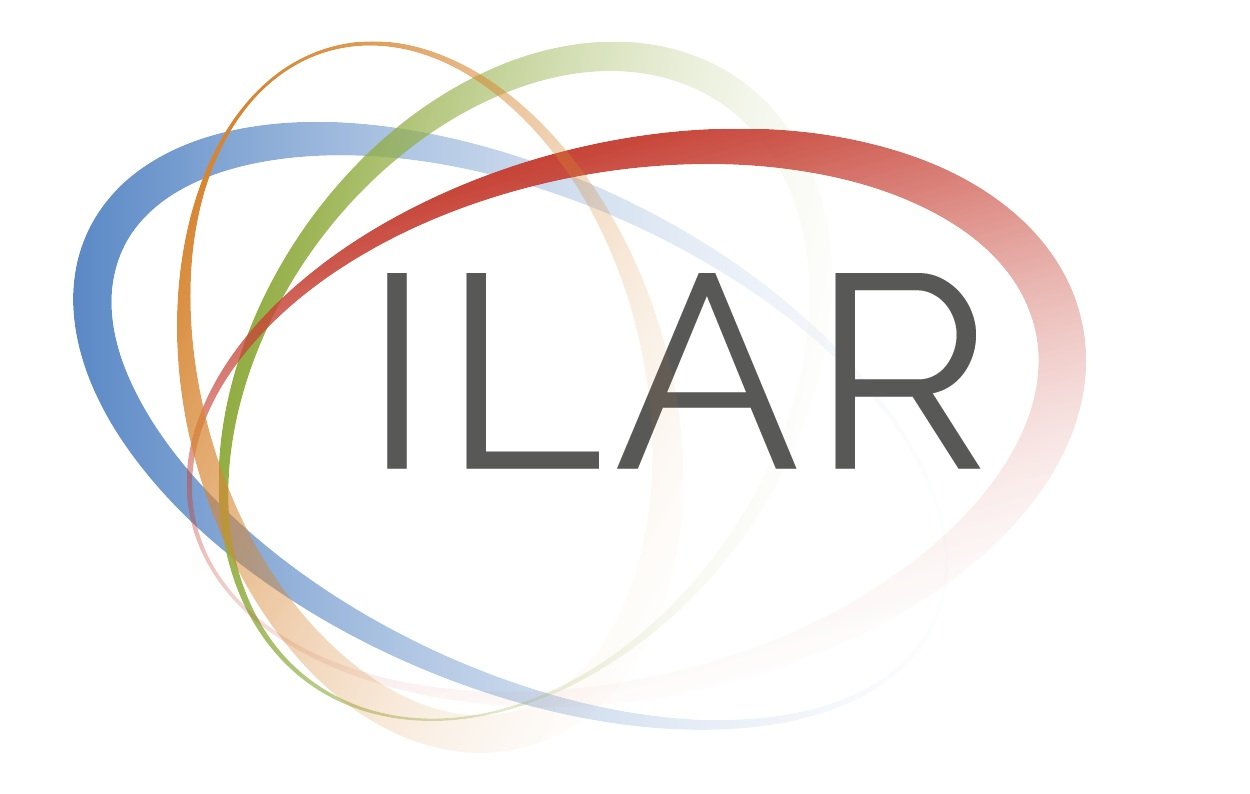First-ever self-care Index assesses global readiness to boost health system resilience
Innovative research and policy report from Global Self-Care Federation identifies critical enablers of self-care to help strengthen the resilience of health systems and create better health outcomes.
Review Executive Summary HERE
Geneva, Switzerland, 22 September 2021 – The Global Self-Care Federation (GSCF) today announces the launch of a pioneering report for self-care, the Self-Care Readiness Index, developed with the support of the World Health Organization (WHO). The Index reveals critical factors – titled enablers – that influence the uptake of self-care practices and products in health systems around the world, to support a better design of health systems and build a foundation for action-oriented initiatives at all levels.
Self-care is defined by WHO as the ability of individuals to promote health, prevent disease, maintain health, and cope with illness and disability with or without the support of a health-care provider. Self-care is more important now than ever before. In a recent WHO survey of 135 countries and territories, 90% reported continued disruptions to essential health services due to the pandemic.
Self-care produces overwhelming benefits for individuals and health systems alike – from providing affordable, accessible, and effective solutions for individuals to easing the burden on overstretched health systems and medical staff. For example, according to an article published in the Brazilian Journal of Economics and Health (JBES), every $1 spent on over-the-counter drugs saves $7 for Brazil’s public health system. Similar studies from other countries show a comparable effect.
“The pandemic has exposed just how fragile our health systems are. Now is the time to invest in their future,” said Heiko Schipper, Chairman of The Global Self-Care Federation. “I believe The Self-Care Readiness Index can help close the gap between the value of self-care and how it is practiced worldwide. We need to put the health and well-being of individuals at the center of our health policies to build more sustainable, resilient ways of practicing healthcare.”
A diverse set of 10 countries around the world were analyzed for the Index, in the context of four key enablers of self-care, identified as stakeholder support and adoption, consumer and patient empowerment, health policy and regulatory environment. When looking at stakeholder support and adoption, findings show that more than 88% of healthcare professionals across South Africa, the US, the UK and Egypt, see self-care as crucial to helping them take good care of their patients. In terms of consumer empowerment, the survey finds that about a third of consumers in Brazil, Nigeria and the US, continue to rely on healthcare professionals for advice on the use of self-care, which highlights the need to encourage doctors to empower patients to practice self-care.
“The effectiveness of self-care in combination with formal approaches to healthcare is often neglected in health policies,” commented Judy Stenmark, Director General at GSCF. “The Index is an extremely practical tool in that it provides stakeholders with ample data and a starting point to recognize how they can strengthen national health policies and take a coherent approach to self-care.”
The Index aims to serve as a learning platform to inspire new approaches to self-care. It calls for collective action to integrate self-care into global healthcare, and for a new global compact to be established on self-care at the WHO-level, to recognize self-care as a global health priority.
Learn more about the Self-care Readiness Index here
-ENDS-
About The Self-Care Readiness Index
The Self-Care Readiness Index (SCRI) is a first-of-its-kind research and policy initiative that explores critical enablers of self-care across various health systems around the world. It aims to support a better design of healthcare systems and build a foundation for action-oriented initiatives at all levels.
Spearheaded by The Global Self-Care Federation (GSCF), the SCRI is supported by the World Health Organisation (WHO) and forms part of the current working plan between the two bodies. The research includes a combination of in-depth qualitative and quantitative methodology supported by experts and an advisory board. It aims to provide policymakers, decision-makers, and healthcare professionals with data and to become an innovative learning platform that inspires new approaches to self-care.
While the levels of application or adoption of self-care in the researched countries are similar, approaches and priorities vary. The comprehensive index analysis serves as a reference point to share experiences and best practice. It is also intended to act as a conversation starter and stimulate constructive dialogue between countries to refine self-care approaches.

